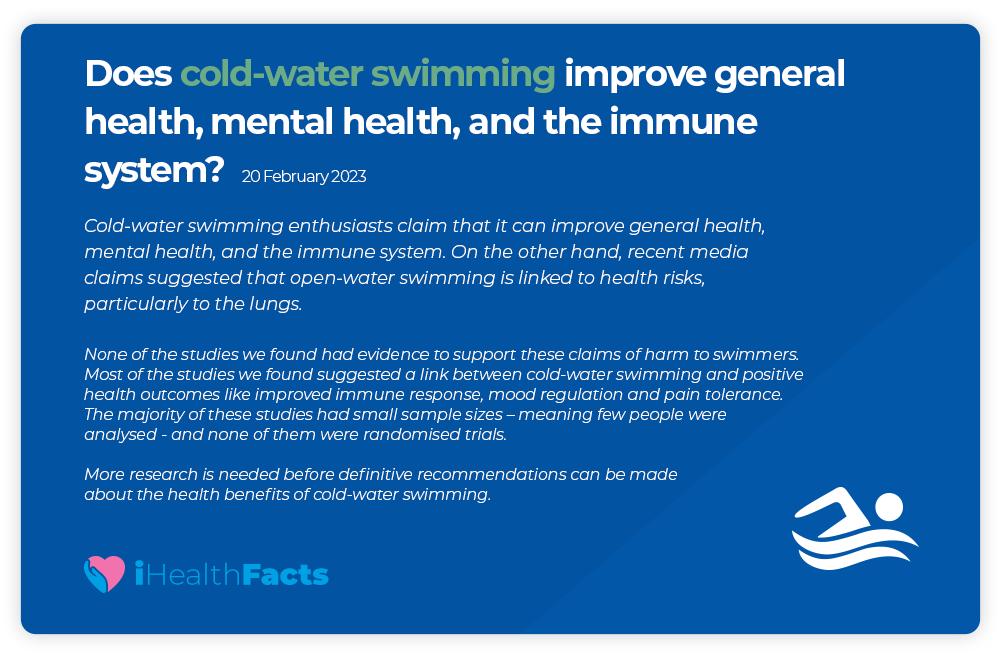- Lead Researcher: Dr Caoimhe Madden, Postdoctoral researcher, Evidence Synthesis Ireland, School of Nursing and Midwifery, University of Galway
- Reviewed by: Prof. Declan Devane, Professor of Health Research Methodology, Deputy Dean, College of Medicine, Nursing and Health Sciences, University of Galway, Scientific Director, HRB-Trials Methodology Research Network Director, Evidence Synthesis Ireland. Director, Cochrane Ireland
- Topic advisor: Prof. Emma Wallace, Professor of General Practice, Dept of General Practice, University College Cork & General Practitioner, Parklands Surgery, Commons Road, Cork.
- Public and Patient advisor: Deirdre Mac Loughlin, Public and Patient Involvement in research (PPI) advisor, PPI Ignite, NUI Galway
- Journalist Advisor: Dr Claire O’Connell, PhD in cell biology, MSc Communication. Contributor to The Irish Times, writing about health, science and innovation.
Conflict of Interest Statement: The authors have no financial or other conflicts of interest for this health claim summary.
